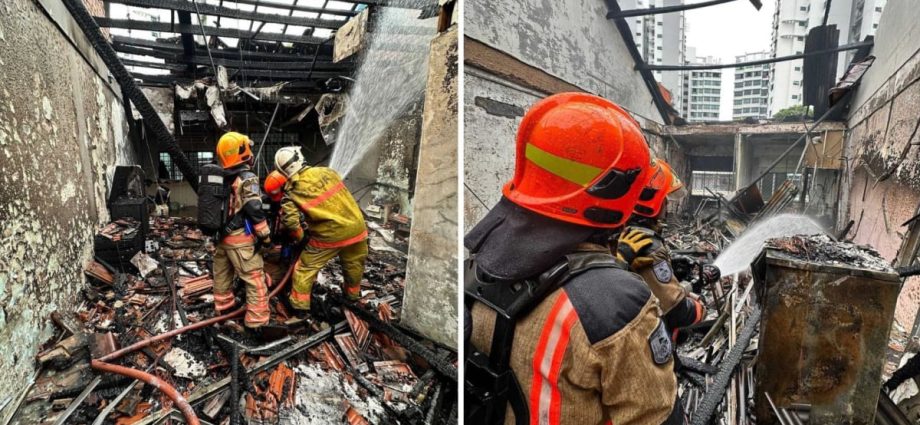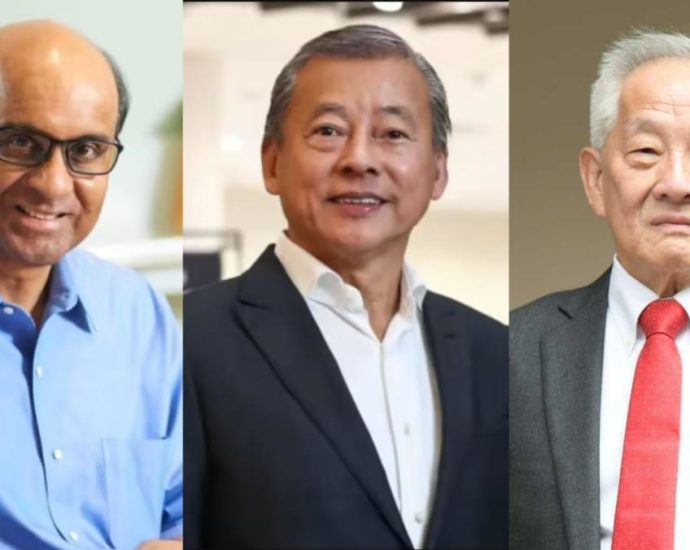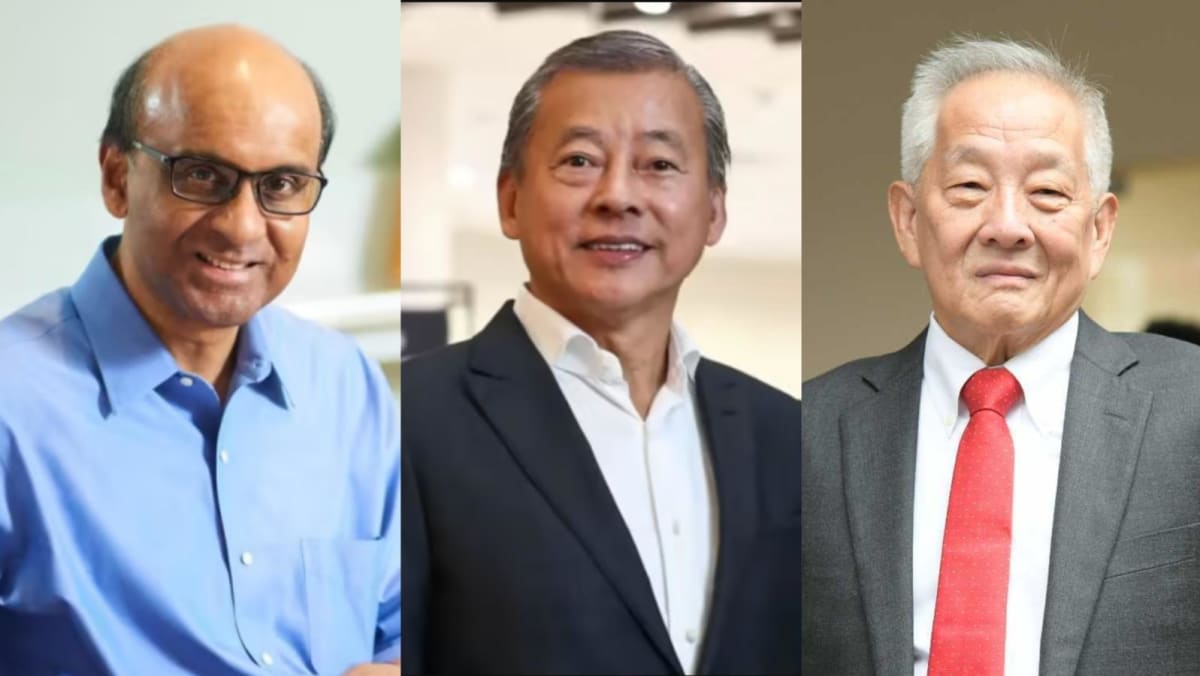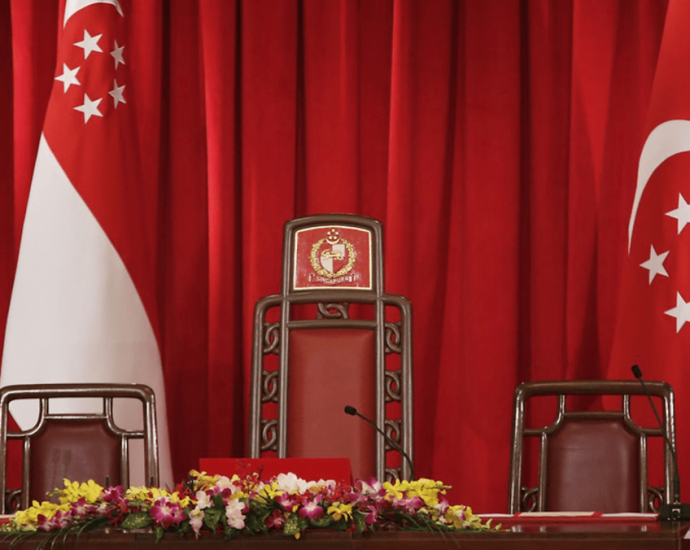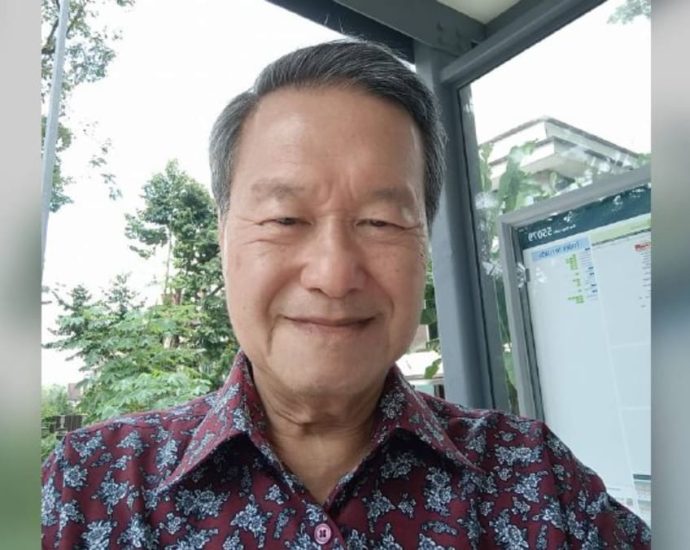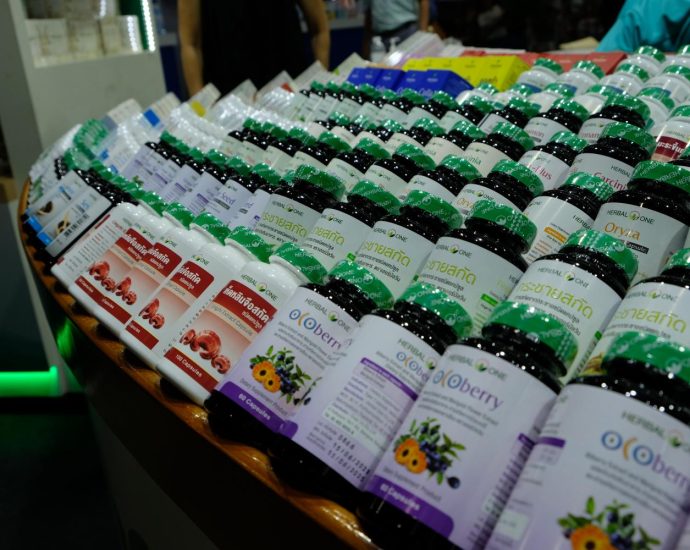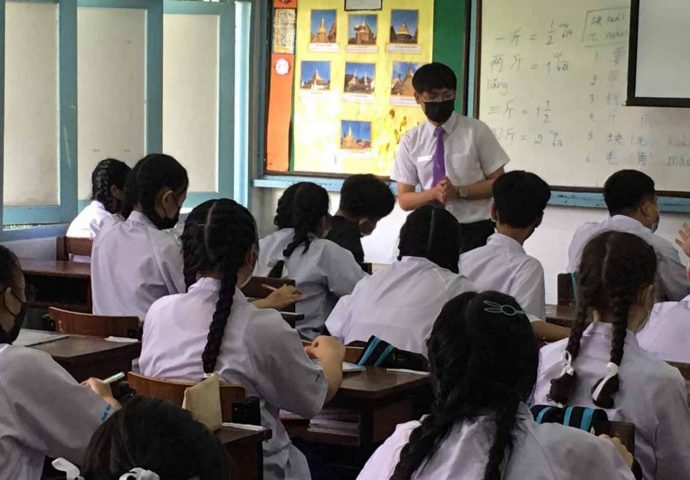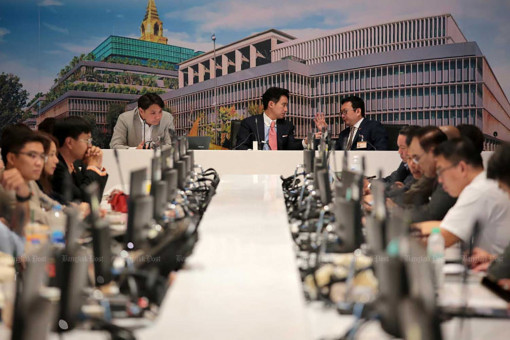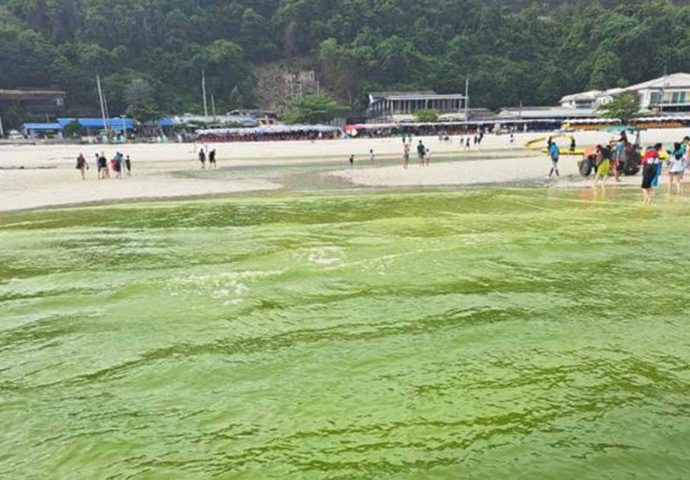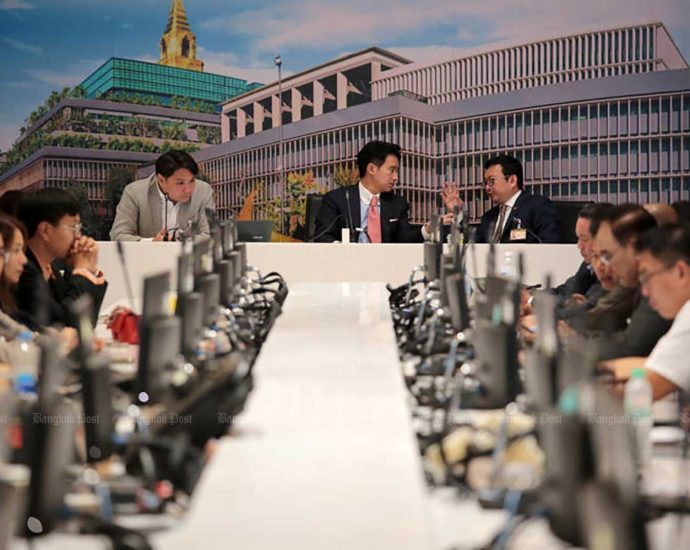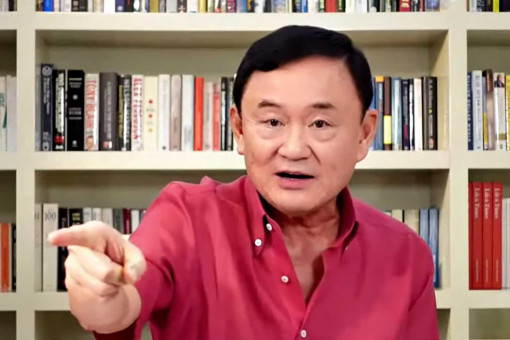About 30 people evacuated after fire breaks out at Geylang shophouse
SINGAPORE: A fire broke out at a shophouse in Geylang on Monday morning (Jul 31), prompting the evacuation of about 30 people from neighbouring units. The Singapore Civil Defence Force (SCDF) was alerted to a fire at 61 Geylang Lorong 27 at about 7.30am. The fire, which was on the thirdContinue Reading

